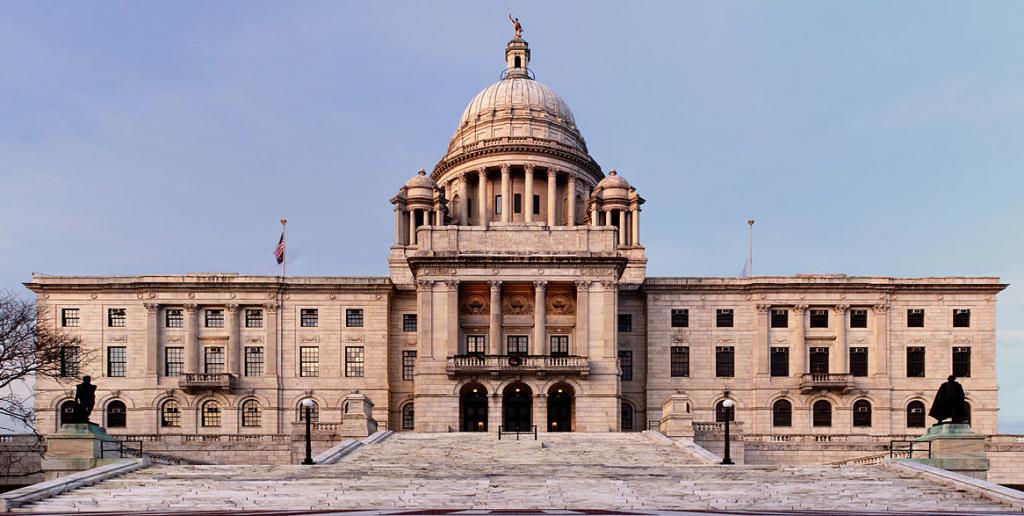Adult clubs in Rhode Island face a $2 admissions tax on their customers to help fund governmental anti-human trafficking efforts.
State Sen. Elizabeth A. Crowley, no stranger to anti-adult club legislation, introduced Senate Bill 96, the adult entertainment performance tax. She told local media that the attorney general’s office would determine how to distribute the money.
“This is always a problem,” says Angelina Spencer-Crisp, ACE National Executive Director. “You have someone with noble intentions introducing what they believe is good law, but they don’t know how the money will be allocated, and more importantly, where the biggest part of the problem human trafficking problem lurks, which isn’t with strip clubs.”

Distribution of club customer revenue would allegedly be partially dispersed to operational expenses for the state council on human trafficking, organizations that provide services to victims, including housing, health care, and rape-kit testing, and agencies that identify and prosecute human-trafficking crimes.
“Sex trafficking in strip clubs account for less than one percent of the problem according to the feds and Polaris’ own data. Why are hotels, massage parlors and/or online businesses not included in the ‘tax’ to fund such a worthwhile cause, particularly if the data shows they account for more than 95% of the problem?” – Angelina Spencer
Crowley told media she thought the $2 tax was reasonable. “I’m not trying to infringe on anybody’s rights on what they do after-hours,” she said. “But some of these places do engage in human trafficking. We don’t have to go far to see it.”
Spencer disagrees with Crowley’s assessment but not her cause, and so it seems, does the Uniform Crime Reports from the FBI during the past five years, which show the largest numbers of tips, arrests, and convictions for sex trafficking stem from hotels, online websites, and massage parlors.

“Sex trafficking in strip clubs account for less than one percent of the problem according to the feds and Polaris’ own data,” Spencer adds. “Why are hotels, massage parlors and/or online businesses not included in the ‘tax’ to fund such a worthwhile cause, particularly if the data shows they account for more than 95% of the problem?”
A spokeswoman for Attorney General Peter Neronha said the office would review the legislation. The bill is co-sponsored by Senators Donna Nesselbush, of District 15 in Providence and Pawtucket, which includes a massage parlor; Ana B. Quezada of District 2 in Providence; Frank A. Ciccone III, of District 7 in Providence and North Providence; and Erin Lynch Prata, of Warwick and Cranston’s District 31.
Dick Shappy, the owner of the Cadillac Lounge strip club in Providence, called the bill “ridiculous.” Hotels, he says, have a far greater percentage of sex-trafficking crimes than strip clubs.
“It’s just another way of government interfering in our business, and we’re not going to stand for it,” says Shappy.
- article provided by ACE National





























